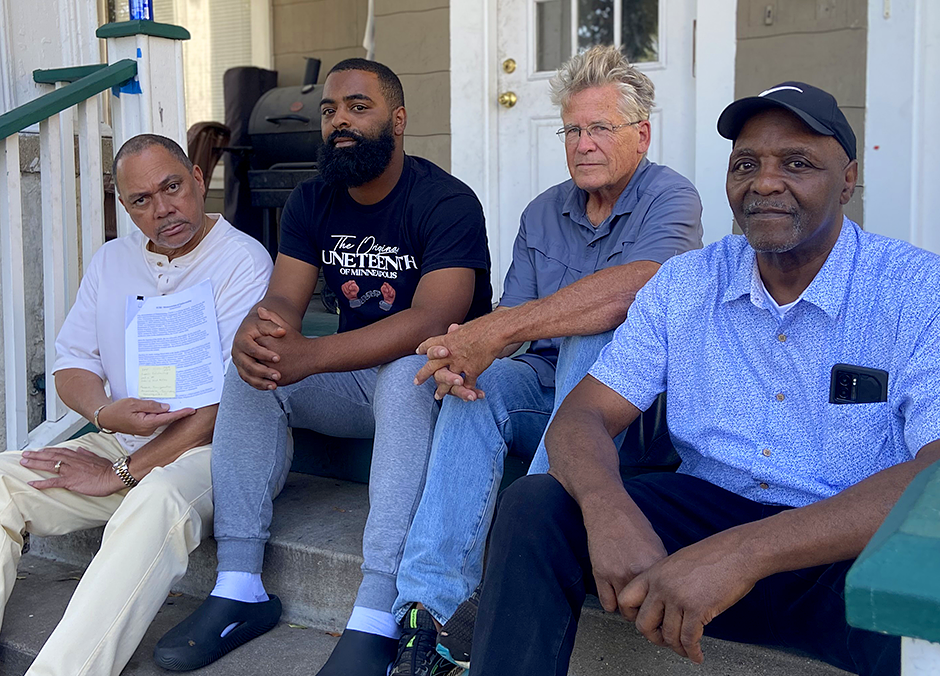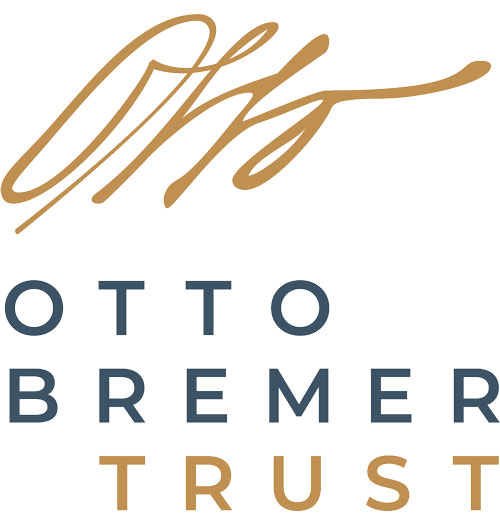The Unity Community Mediation Team (UCMT), one of the oldest public safety-focused nonprofit organizations in Minneapolis, is seeking nearly $2 million from the city to continue its work.
Al Flowers, one of UCMT’s original members, said to achieve the goal of cultivating trust between community and the Minneapolis Police Department (MPD) – after decades of volunteer work – the group needs city funding to continue its work.
“Now, the system is saying they want a community based solution,” said Flowers. “That is what we have created.”
Origins of UCMT
The UCMT began way back in December 2003, when original founders Ron Edwards and Clyde Bellecourt brought the concerns of community members to the U.S. Department of Justice regarding multiple incidents of police violence, namely against Black and Indigenous residents of the city. That led to the signing of a Memorandum of Understanding by the department and UCMT, prompting weekly meetings between the two sides for five years – called the Police Community Relations Council (PCRC) – about the implementation of 106 action items in the document, which were nearly 70% complete by 2008. But that year, city officials decided not to continue the PCRC, which remained stagnant until the murder of George Floyd by a white MPD officer in 2020 jump-started the effort once more and the document was renewed in 2022.
Since then, the UCMT’s main functions have involved providing resources for community members who have had negative interactions with MPD officers. UCMT volunteers then relay the complaints to the department, review body camera footage of the incident and, when necessary, mediate between the individuals and the officers involved in order to come to a resolution.
“We’ve been doing this for over 20 years with the police department, so they’ve gotten to know us and they trust us,” said mental health professional and UCMT member Mark Anderson. “So if we say ‘a family says that you beat up this child,’ they’ll say, ‘Well, come on downtown and look at the video,’ and so we can help mediate between the community and the police department because we have trust on both sides.”
In addition to providing community members with access to police services, the group is also trying to improve access to officers as well in an effort to improve relations between the department and residents. Since May, according to the group, every new MPD officer has been assigned a “community mentor” by the UCMT – someone who can familiarize officers with their patrol area and the people who live there.
“We’re developing a network so the officers could feel the support and the connection with the community from their side,” Flowers said. “It’s not just us learning to trust officers, it’s officers learning to trust community and work together.”
Future of UCMT
During the renewal of the UCMT’s mediation efforts following Floyd’s murder, the outpouring by the city’s younger residents during the protests in 2020 prompted the group’s elders to start thinking about the future of their efforts. That resulted in the creation of the UCMT’s Young People Task Force, led in part by Flowers’ son Alfred Flowers Jr.
“I was standing outside at the Third Precinct protesting when George Floyd was murdered, and I don’t regret a second of it, but what I also realized was OK, now what’s next? What do we want to get done?”
The task force has been active in relaying concerns to MPD and getting policies created or changed. One example was the role they played in helping to get no-knock warrants banned for good following the killing of Amir Locke by a Minneapolis SWAT team in 2022. That same year, the task force also brought awareness to the lack of MPD policy regarding DNA collection of juveniles after a 13-year-old boy was detained by officers and allegedly had samples taken. That eventually led to legislation passed at the Capitol to prevent DNA collection of minors without parental consent.
Now with 15 members who meet each Thursday, the task force has also been working to strengthen the bond between community members and police through events like group fishing and police and UCMT handing out free backpacks to kids ahead of the school year.
All of the services provided by UCMT volunteers are free of charge, but that model is becoming more unsustainable for the volunteers, said Al Flowers. During a presentation to the City Council’s Public Health and Safety Committee, the organization is now asking the city for about $937,000 a year for two years to help maintain the eight sites where UCMT volunteers operate.
The sites include UCMT headquarters, NAACP Minneapolis and New Salem Baptist Church in north Minneapolis, as well as Indigenous Protector Movement, Little Earth Residents Association, Cedar Riverside Opportunity Center, Voice of East Africa Women and Nuestra Lucha on the city’s south side.
Because the sites are community-based, the funds split between the eight sites would not only go toward helping to continue providing UCMT services at each site, but they’d also go toward funding the other services provided by each of the organizations represented.
“While the UCMT is the overseer of (our programs) at these community satellite sites, this is not strictly for UCMT – we’re trying to make sure that those other sites that we have are funded as well,” Flowers Jr. said. “So it’s not as if the UCMT is getting all of that money. We just had to break it down so that each site is taken care of.”
Ward 9 Council member and Public Health and Safety Committee chair, Jason Chavez, said during an interview that he’s very interested in the goal behind the idea for the community sites, which is to help immigrants and communities of color file police reports, but how it’ll be funded remains unclear.
“The appealing thing to me is for the city to be able to support community based sites to make sure that people can feel safe filing police complaints,” Chavez said. “Now in regards to the funding stream, that has to be a conversation had by Council. Are we funding the entire project? Are we funding one site and piloting it and seeing what this could look like?”
Chavez said he plans to have follow-up conversations with UCMT, as well as with the city attorney and civil rights department to ensure the sites wouldn’t run afoul of any city policies or the ongoing consent decree process.

Mohamed Ibrahim
Mohamed Ibrahim is MinnPost’s environment and public safety reporter. He can be reached at mibrahim@minnpost.com.





